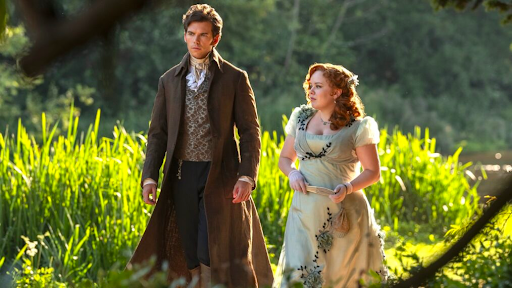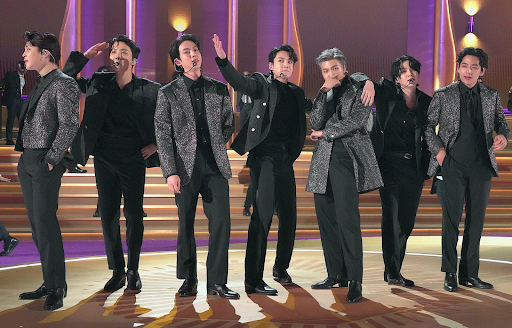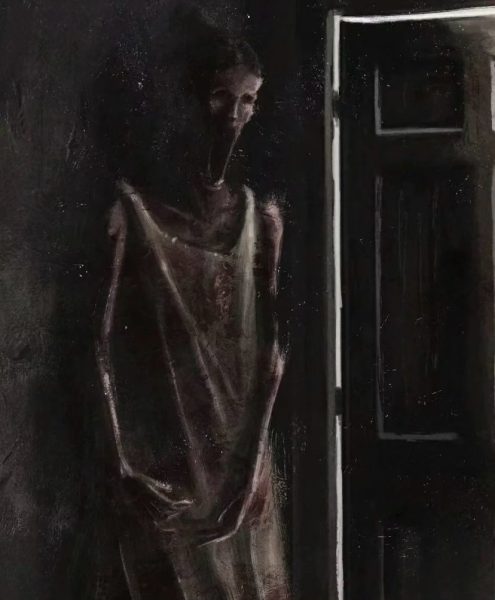Don’t Look Up—Just Look At Us
February 15, 2022
***WARNING: Spoilers ahead for the 2021 film Don’t Look Up***
A country divided. Millions chanting one mantra or the other with violent fervor. Social media swamped by hate, derision, and cynicism. Celebrities forced to voice support for one political party or the other.
And behind it all—a looming comet apocalypse.
The only difference between Netflix’s 2021 film Don’t Look Up and the current state of America is the level of destruction in the endgame. Although some might also argue that “a house divided”—and perhaps even approaching civil war [1]—may be just as terrifyingly apocalyptic as the explosion of Earth.
Propped up by a starry cast (Leonardo DiCaprio, Jennifer Lawrence, Meryl Streep, Ariana Grande, Jonah Hill—just to name a few), Don’t Look Up metaphorically tackles the difficult problem of climate change with an even more difficult genre: satire. The film has faced an onslaught of criticism, controversy, and conservative scoffs for making threats of extinction rather than “humanist appeals to reason.” [2] Even The New York Times, from its liberal pedestal, observes that many of the political targets of the movie “have already reached maximum self-parody” and removed themselves beyond the achievable scope of satire. [3]
Simply put, we’re living in a political, world-is-ending satire already, so watching one on the big screen isn’t quite so funny anymore.
Certain topics, I noticed while watching, are not quite addressed, considering how determined the screenwriters seem to address every modern social-political issue. Racism, for one, is loudly silent throughout the film, save for some crudely ridiculous comments from a white supremacist war hero (Ron Perlman). Then again, there’s only so much one satirical comedy can spotlight; as Sophie Gilbert points out in the Atlantic culture podcast The Review, contemporary society—especially in the context of the chaotic last several years—may simply be “too depressing, too absurd, too lamentable to satirize.” [4]
As with any self-sufficient satire, there are moments of clear and slightly excessive exaggeration: Lawrence’s trite outbursts and liberal righteousness that almost lands her in political exile; DiCaprio’s moral breakdown on national television with its fair share of secondhand embarrassment; Streep’s hyperbolic portrayal of a corrupt, gaslighting president more demon than human.
Maybe these distorted parodies of reality are attempts to gently criticize the “P.C. mindset” that pervades younger generations. Maybe they simply exist for comedic relief, given the somber circumstances of the story itself. Whatever the case, even the flaws of the movie hold up mirrors for us to reflect on our own shortcomings rather than rely on macrocosmic societal progress as an incentive for self-improvement. It’s almost as though Adam McKay is whispering in our ear: “No, don’t look up. Just look at us.”
[1] https://www.nytimes.com/2022/01/13/opinion/civil-war-america.html
[2] https://www.nationalreview.com/2022/01/what-is-the-worst-film-of-2021/
[3] https://www.nytimes.com/2021/12/23/movies/dont-look-up-review.html
[4] https://www.theatlantic.com/podcasts/archive/2022/01/dont-look-up-satire/621256/








